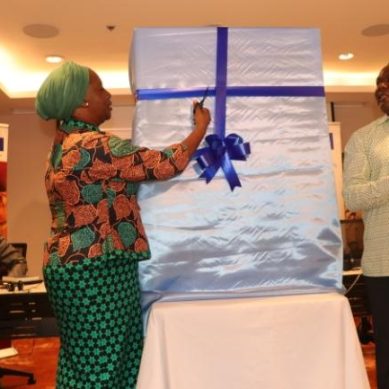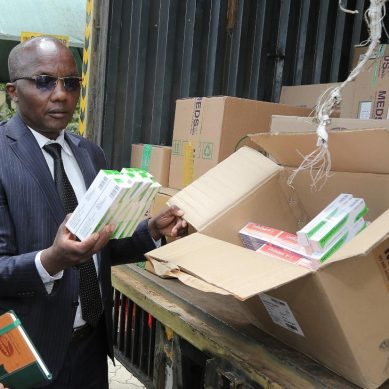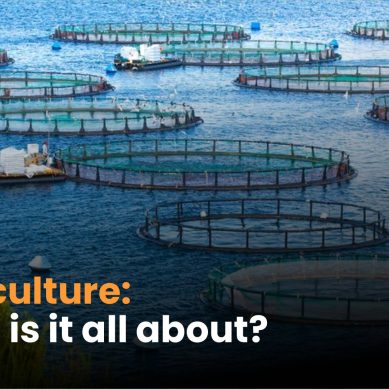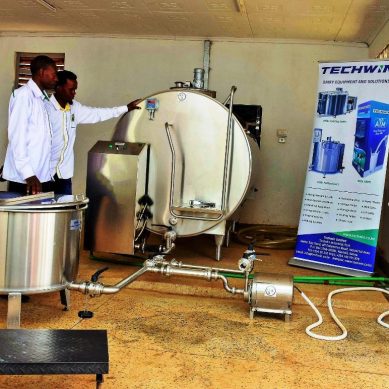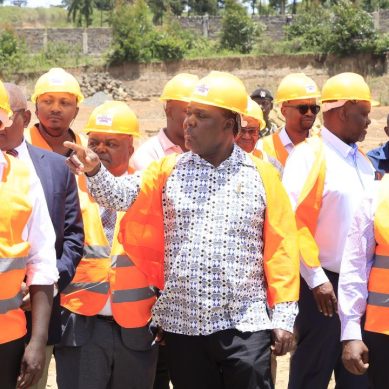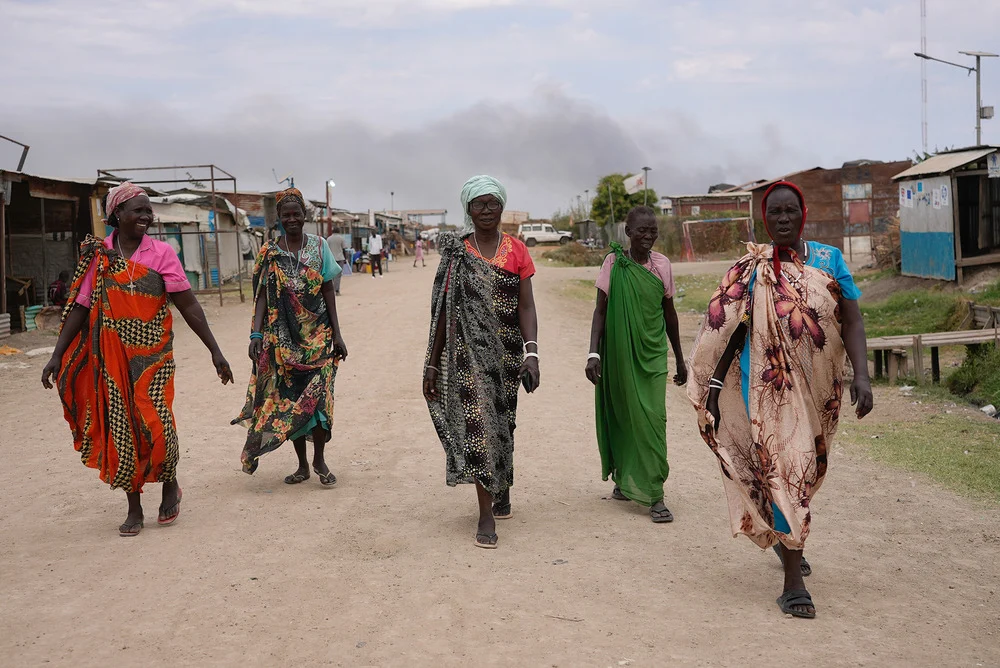
South Sudan’s transitional government is due to wrap up in less than 10 months. Yet the country’s future looks as bleak as it did in 2018 when rival parties signed a deal to end a crippling civil war that killed nearly 400,000 people.
The peace agreement was supposed to end the conflict, but progress continues to drag and UN experts now say the deal is actually driving violence. Clashes between the ruling party and the opposition have increased in recent months and could get worse ahead of elections tentatively being arranged – but not yet scheduled – for next year.
Meanwhile, humanitarian needs have spiked: Some 75 per cent of the population are in need of assistance, hunger is the worst it has been since the country gained independence in 2011, and years of unprecedented floods have forced nearly one million people from their homes, according to the UN.
And while the peace deal quelled large-scale fighting, clashes across the country never ceased. In fact, they are increasing – between February and April this year at least 70 people, including aid workers, were killed in Unity, one of the most conflict-affected states.
The UN has also reported sexual assaults, beheadings and civilians being burned alive by armed groups. Fighting between government- and opposition-aligned militia in Western Equatoria state last year killed hundreds and displaced some 80,000 people.
The Panel of Experts on South Sudan, a UN-mandated investigative group, reported in April that “almost every component of the peace agreement is now hostage to the political calculations of the country’s military and security elites, who use a combination of violence, misappropriated public resources and patronage to pursue their own narrow interests.”
As a result, much of the peace agreement remains gridlocked by political disputes between its principal signatories.
Cautious optimism followed the signing of the peace deal over three and a half years ago – the latest attempt to pull South Sudan out of five years of fighting that displaced millions and plunged parts of the country into famine.
A previous agreement signed in 2015 failed when renewed clashes erupted in the capital, Juba, forcing opposition leader Riek Machar to flee the country on foot.
Machar returned to the capital to form a coalition government with President Salva Kiir in February 2020, yet there were problems from the outset, including a shortage of funds and accusations that the ruling party lacked the political will to implement the agreement.
“We never trusted the agreement from day one.”
One of the key components, a unified national army – composed of 42,000 soldiers from both the government and the opposition – has not been established. Distrust with the deal was so high that both the government and opposition armies chose not to send most of their soldiers to the government-created cantonment sites, where soldiers could start the process of unifying into a national army. Instead, they sent low-level fighters or civilians who had never fought before.
Of those in the training centres, “the majority [had] never participated in the war,” Lam Paul Gabriel, opposition spokesperson for the army, told The New Humanitarian.
It also took more than a year to create a parliament and fill local government positions. Many states where the power-sharing agreement has been implemented face political deadlock, with the ruling party accused of blocking appointees or undercutting decisions by opposition members, according to local authorities.
The peace deal’s slow implementation has had far-reaching implications. During a trip across the country in December 2021, South Sudanese civilians told The New Humanitarian they were no better off than when the country was at war; they didn’t feel the dividends of peace; and it was nearly impossible to rebuild their lives with no employment opportunities and no government support.
Hundreds of thousands of people are still being forced from their homes due to floods or conflict, and tens of thousands more are too scared to leave a UN protection site.
“There’s no peace in Malakal [town]. People are being killed and no one’s held responsible,” said Adam Ajak, an ethnic Shilluk chief who lives in a UN-run camp in the northern city of Malakal where some 34,000 people seek refuge. In December, camp residents reported at least one person had been killed in the town a few weeks prior, and ethnic Nuer were being abused by the army.
In neighbouring Jonglei state, where years of floods have prevented the population from cultivating crops, people are reportedly starving to death. In October, a mother and her child died from hunger in a village outside Old Fangak, said Jeremiah Gatmai, the humanitarian representative for the government. “The community is crying,” he said, and notes that the local government has not received any of the $10 million in flood support promised from Juba.
But while the population suffers, factions in the political elite keep vying for power ahead of elections and the ruling party continues marginalising Machar, encouraging and capitalising on his party’s defections. Last year, the opposition’s top generals left, creating their own splinter group before forging an agreement with Kiir.
In recent months, government soldiers have been accused of attacking the opposition in Upper Nile and Unity states, according to a joint statement by the United States, Britain, and Norway, known as the Troika, which said it was concerned that “cycles of revenge attacks” risked greater violence.
In March, the opposition announced it would stop participating in meetings related to security arrangements for the peace agreement because they were not productive, and as unprovoked attacks on their forces by the government showed no signs of ceasing. The opposition reportedly rejoined the meetings shortly afterwards.
- The New Humanitarian report
